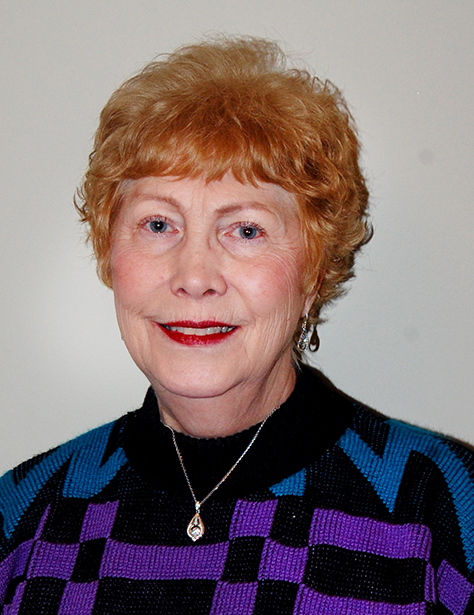By Rosie Preston
It’s been 11 years since my daddy passed after years of suffering from Parkinson’s Disease. Afterward, my sister Mary and I brought our mother to my home to take care of her.
We loved taking care of my mom, with our only heartache being that she could not remember when to take her medication or if she’d already had taken it. She had a loss of memory due to losing oxygen to her brain for about 26 seconds after the effects of falling and losing consciousness.
Our good intentions lasted about a year when we knew we had to make a choice to find a place that could give my mom 24/7 care. We were not equipped to meet her needs, as she suffers a form of dementia and had stopped sleeping. My mom was knocking on my bedroom door all through the night, which interrupted the family’s sleep. She has lived at Gadsden Health Care Center for the past several years.
With every year my mother has been a resident at this facility, I’ve experienced many hours of different types of heartache and loss. I wish I could take care of her, and I have to accept every time I visit her that she talks about her home. She talks about getting home to prepare dinner for my daddy. She talks about cooking and the many things that come to her memory when she was young and healthy.
The following information explains the reason that a patient whose memory is failing may be feeling homesick. Hopefully, this article will touch a caretaker’s heart when he or she hears a person say they want to go home.
The message is, “I am uncomfortable where I am right now.” Home is comfortable, where our needs are met, and we are loved, so if I say, “I want to go home.” I may mean that I am too hot or too cold; I am hungry or thirsty; I need to go to the bathroom; I am tired and need a place to rest; I am discomfited by glare or dimness to see clearly; I am disturbed by the tension or discord where I am; I feel unsafe; or I need a hug and reassurance.
“Most importantly, I feel out of place, unaccepted as I am.”
This could be the day you begin to treat your either loved one or your patients by meeting these needs.
As I finished this article, a television news show had a segment with Kate Mulgrew. She had written a book, called How to Forget, on her taking care of her parents with Alzheimers Disease.
Keep Smiling, Rosie
Please visit my blog site at www.life101rosie.com and e-mail me at rosie.preston@yahoo.com.





